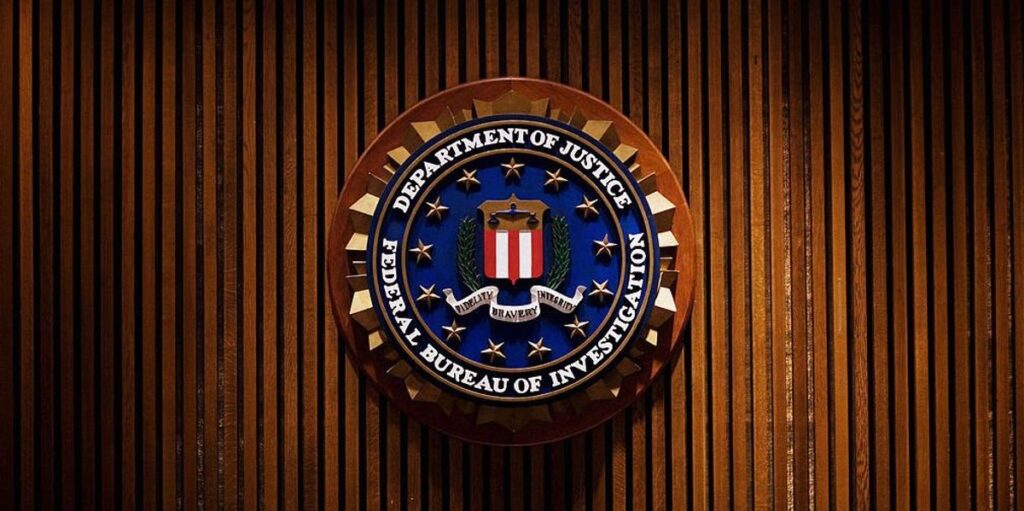A senior FBI agent told lawmakers the FBI not only knew the Hunter Biden laptop was not part of a Russian disinformation campaign, but told Twitter it was authentic.
But it’s the date of the FBI’s communication with Twitter that is raising more questions.
What are the details?
The House Judiciary Committee released transcripts of an interview conducted with Laura Dehmlow, head of the FBI’s Foreign Influence Task Force. In a deposition, Dehmlow recounted how the FBI confirmed the authentication of the laptop to Twitter officials.
“Somebody from Twitter essentially asked whether the laptop was real. And one of the FBI folks who was on the call did confirm that ‘yes, it was,’ before another participant jumped in and said, ‘No further comment,'” Dehmlow explained.
The date of that call? Oct. 14, 2020, the same day the New York Post published the bombshell story.
That means when Twitter censored the Post’s story from its platform just hours after its publication, officials at the social media network already knew from the FBI the laptop was real. Twitter not only prevented the story from being shared, but locked the New York Post’s account for allegedly breaching the platform’s hacked materials policy.
Dehmlow also revealed that the FBI’s FITF met with Facebook on the same day — Oct. 14, 2020 — but told officials with the company that they had “no comment” on the authenticity of the laptop.
What is the significance?
As the Judiciary Committee explained, Dehmlow’s admission is significant for two reasons.
First, the FBI had been warning about the possibility of Russian interference in the 2020 election, but refused to clarify that the laptop story was real, resulting in social media companies believing the laptop story was the type of interference they had been warning about.
Second, the FBI’s refusal to clarify the truth misled voters at a critical moment in the 2020 election.
The committee explained:
The FBI’s failure to alert social-media companies that the Hunter Biden laptop was real, and not mere Russian disinformation, is particularly troubling. The FBI had the laptop in their possession since December 2019 and had warned social-media companies to look for a “hack and dump” operation by the Russians prior to the 2020 election.
Even after Facebook specifically asked whether the Hunter Biden laptop story was Russian disinformation, Dehmlow of the FBI refused to comment, resulting in the social-media companies’ suppression of the story. As a result, millions of U.S. citizens did not hear the story prior to the November 3, 2020 election.
The question then becomes: Why did the FBI not clarify the truth with social media companies, and why did the bureau let the “Russian disinformation” narrative take root, ultimately misleading the American people?
The laptop story has resurfaced in recent weeks as IRS whistleblowers discuss its role in the Hunter Biden investigation.
IRS criminal supervisory agent Gary Shapley, for example, claimed the FBI easily confirmed that the laptop, abandoned at a Delaware computer shop, belonged to Hunter.
“In October 2019, the FBI became aware that a repair shop had a laptop allegedly belonging to Hunter Biden and that the laptop might contain evidence of a crime. The FBI verified its authenticity in November of 2019 by matching the device number against Hunter Biden’s Apple iCloud ID,” Shapley testified in May.
Like Blaze News? Bypass the censors, sign up for our newsletters, and get stories like this direct to your inbox. Sign up here!


